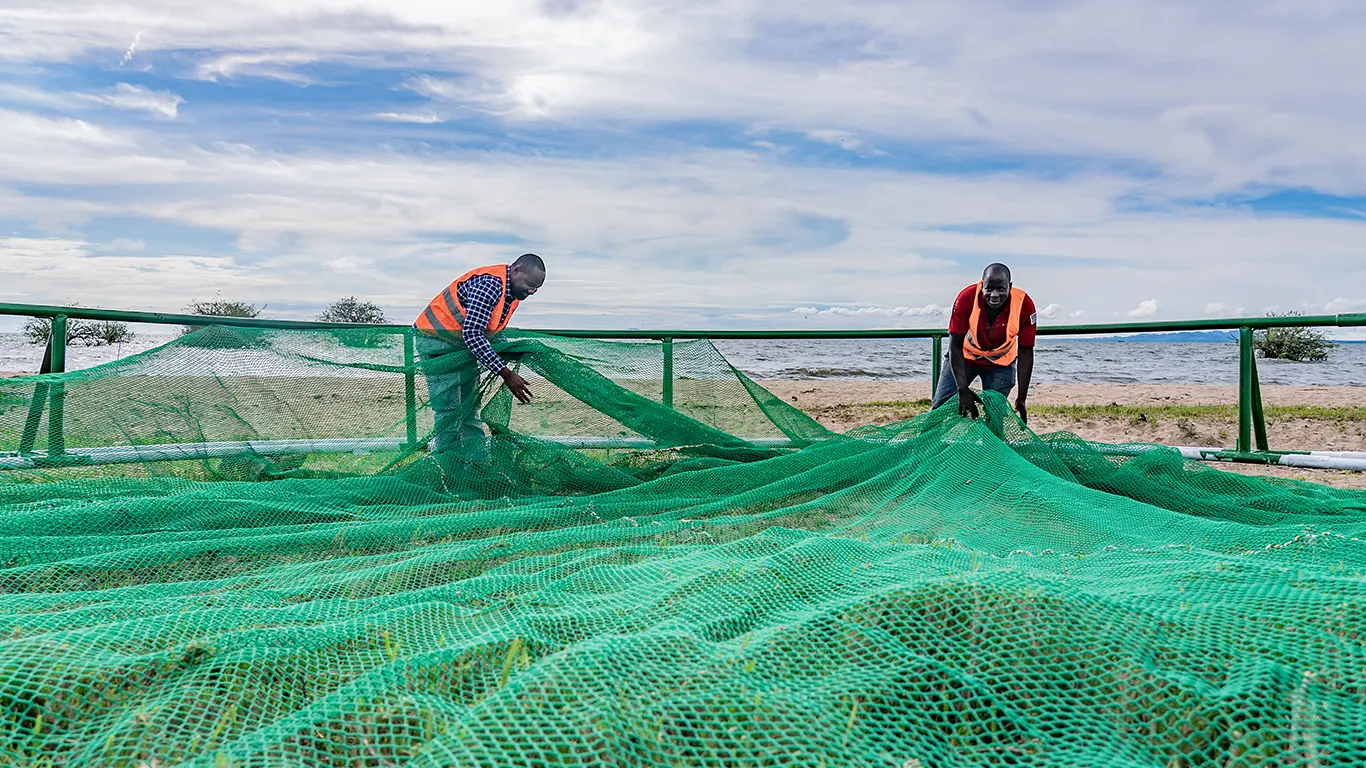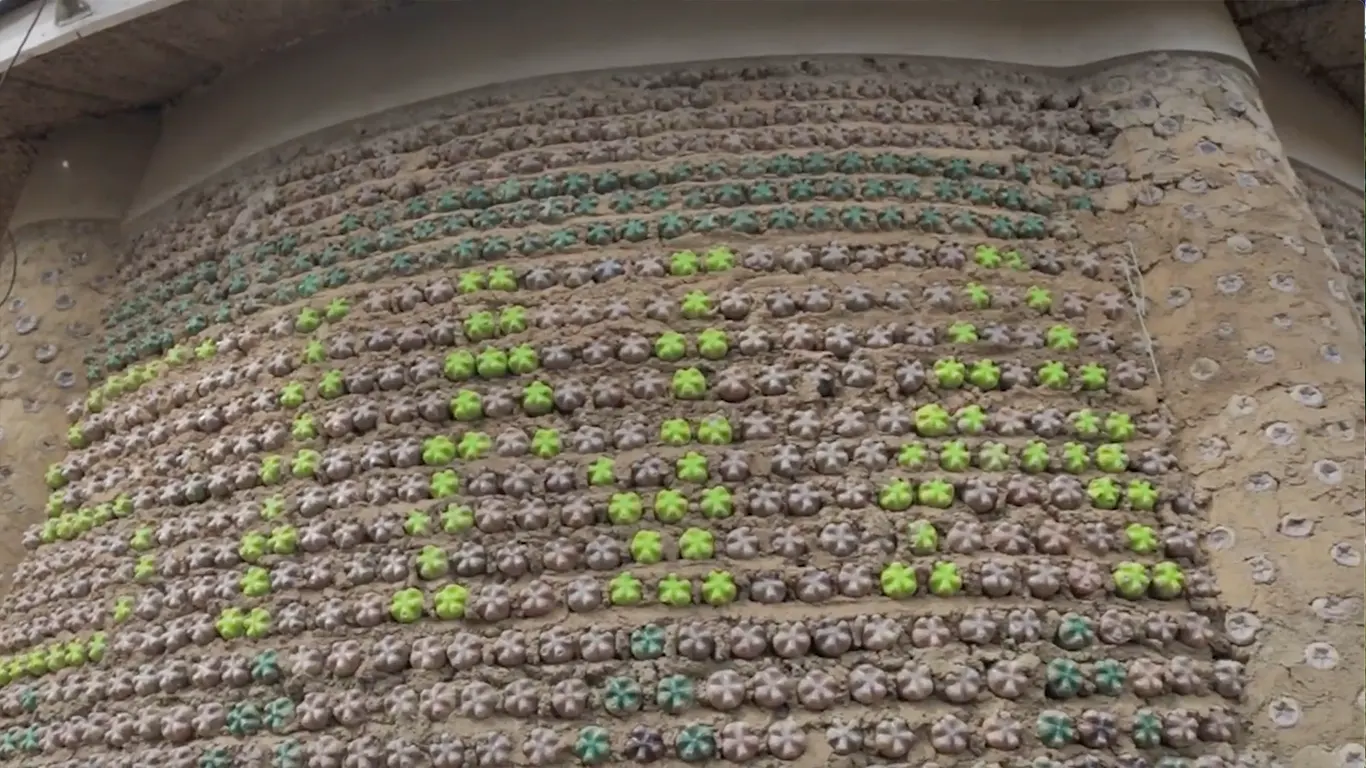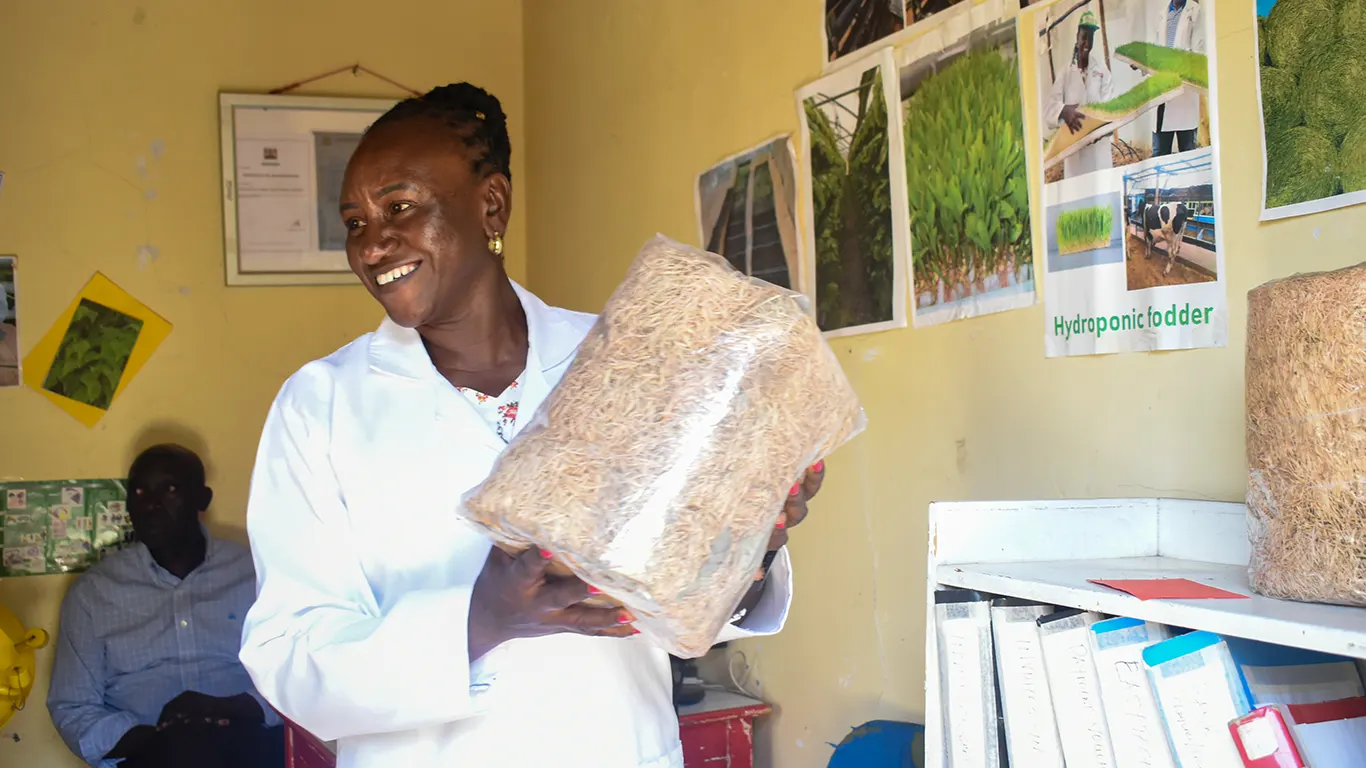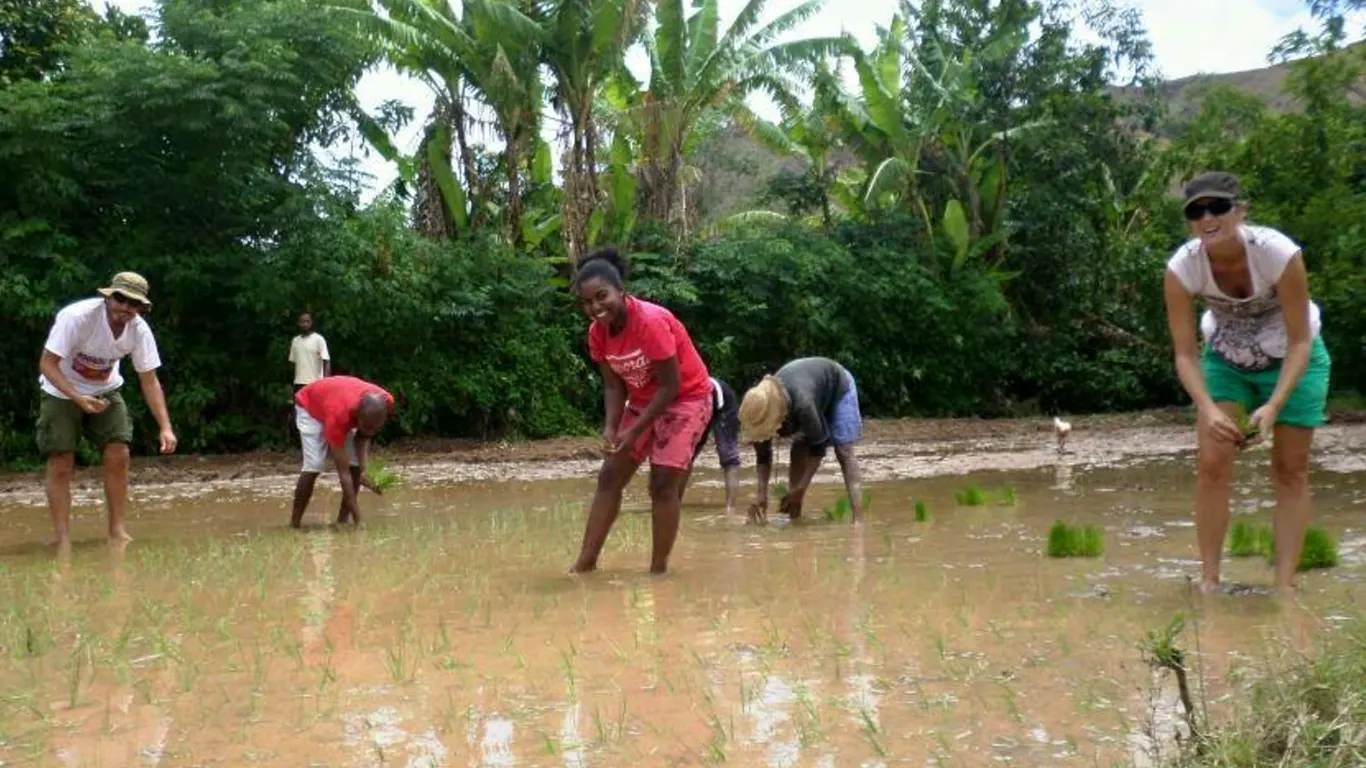Tanzania has abundant water bodies. It has access to three lakes, an Indian Ocean shoreline stretching about 1,400 kilometers, and large perennial rivers. According to the country’s Ministry of Livestock and Fisheries, all these waters have an estimated 2.7 tonnes of harvestable fish. However, the country produces only about 450,000 metric tonnes of fish, half of the annual demand of about 800,000 tonnes. The balance is imported mostly from China. Stephano Adrian Karoza, a Tanzanian aquaculture scientist, says this situation pushed him to start a fish farming consultancy, known as KCQ Aquatech.
He says transporting food across and between countries is well known to generate greenhouse gas emissions. This exacerbates the issue of climate change, which already affects millions of farmers around the world, especially from developing countries such as Tanzania. For instance, rising water temperatures in lakes are directly impacting fish populations. Fish species have specific temperature ranges in which they thrive, and if the water temperature exceeds their tolerance levels, it has been shown to lead to reduced reproduction rates, increased mortality, and changes in distribution patterns. Additionally, extreme weather events associated with climate change, such as floods, cause habitat destruction, loss of breeding grounds, and disruptions in the food chain, all of which can have negative consequences for fish populations.
KCQ Aquatech stimulates local production of fish by offering professional services to local farmers to set up fish cages in the lakes in Tanzania and connecting them to markets. “There is a shortage of fish due to climate change and so there is a high demand for fish in Tanzania. That is why we import fish from China to cover that gap, but stimulating local production can cover that. Because by shipping there is air pollution. There’s pollution in the ocean. But if we promote local production, we can cut carbon footprint,” Stephano says.
Before he started his business, Stefano was already doing well as a fisheries officer employed by the government. He says this is the career path many people in his country pursue. “You go to school, after going to school, you think that you are going to be employed or get a nice job and start working there. But to be an entrepreneur is a tough job. Even when I did my Masters in Indonesia, I was an employee of the government in the fishery sector,” he states. But his experience in Indonesia startled him. “I changed my mind when I was in Indonesia. I saw other students, they graduated then they would start their own companies, and they start working on the idea. That is why I changed my mind.” He visited many fish farmers in Indonesia, a country with numerous inland lakes.
“That’s when I saw I could do something when I came back to Tanzania. I saw an opportunity in fish farming in Tanzania because we are surrounded by great lakes, like Victoria Lake, Tanganyika, Lake Malawi, also the Indian Ocean, and the big rivers flowing throughout the year,” he says. He founded KCQ Aquatech upon return and is proud of the contribution of the company in fighting poverty and fighting climate change. “I’m trying to solve the climate problem by minimizing carbon footprints by simulating local production of tilapia fish so that we are not dependent on importation of tilapia from China,” he repeats.
The company offers a full range of services from site assessments for fish cages in lakes, supply of fingerings and fish propagations, diagnosis and treatment of fish diseases, fishpond management, fish processing and sale, among others. “For groups, we give them cages, fish bait, fish fingerlings, we train them, and we buy from them. It is a win-win contract. We buy from then we process, add value, and take the fish to the international market,” he says. Besides Stephano, the management team has four other experts with credentials in fisheries and aquaculture. Stephano says stimulating local production of fish also creates employment for many communities along the value chain. “There is also gender inclusion because fish farming involves women who mostly take part in activities like feeding or fish processing,” he says.
“Our uniqueness is that we do mass production of fishing by involving the community and then we buy from them. So those farmers are sure there is a market,” he says. One of the biggest challenges is fish feed because until now they import from outside the country. Stephano says this is an opportunity for future investment. The other challenge is market competition from fish imports from Asia. However, he notes locals still prefer fresh produce compared to frozen fish from China. KCG is one of the African startups that benefitted from technical assistance and mentorship under the EIT Climate-KIC’s Adaptation & Resilience ClimAccelerator in 2023.
This programme is an African-wide accelerator project for start-ups to innovate, catalyze and scale the potential of their climate solutions, and it was conducted by KCIC Consulting Limited (KCL) in partnership with Concree SAS. The initiative is funded by the Department of Foreign Affairs and Trade of Ireland (Irish Aid). Before the mentorship programme began, the CEO of KCL made a comment on the role of the private sector in the climate challenge.
“The private sector has a critical role to play in addressing the climate challenges in Africa. Empowering youth through enterprise development support will unlock innovations while ensuring social development. KCL is at the forefront of realizing the potential of African innovators and we are happy to work with EIT Climate-KIC and our partner Concree SAS to deliver the climate adaptation and resilience accelerator,” said Prabhakar Vanam. Stephano says KCG needs funding to reach more farmers. The mentorship was critical because, through it, they identified their gap in marketing, and reporting.” So, we have learned a lot for us to attract more funding even to do fundraising and writing proposals,” Stephano said. “EIT Climate-KIC and KCIC Consulting Limited have helped us through developing our business models like preparation of pitch deck, the business plan even exploring our gifts on fundraising and the to know our competitor marketing strategy. We have also seen clearly where our solution is fitting better in the Sustainable Development Goals,” he added. The farming consultancy is now overcoming barriers. Stephano says they have set up hatcheries at all their farming sites. “We have about 20 acres of farming sites. Also last year, we got a grant from UNDP (United Nations Development Programme) of US$100,000. Also, we won a big tender from Tanzania’s national blue economy to supply 350 kilograms worth of Tsh2.7 billion. We see our bright future,” he said.




